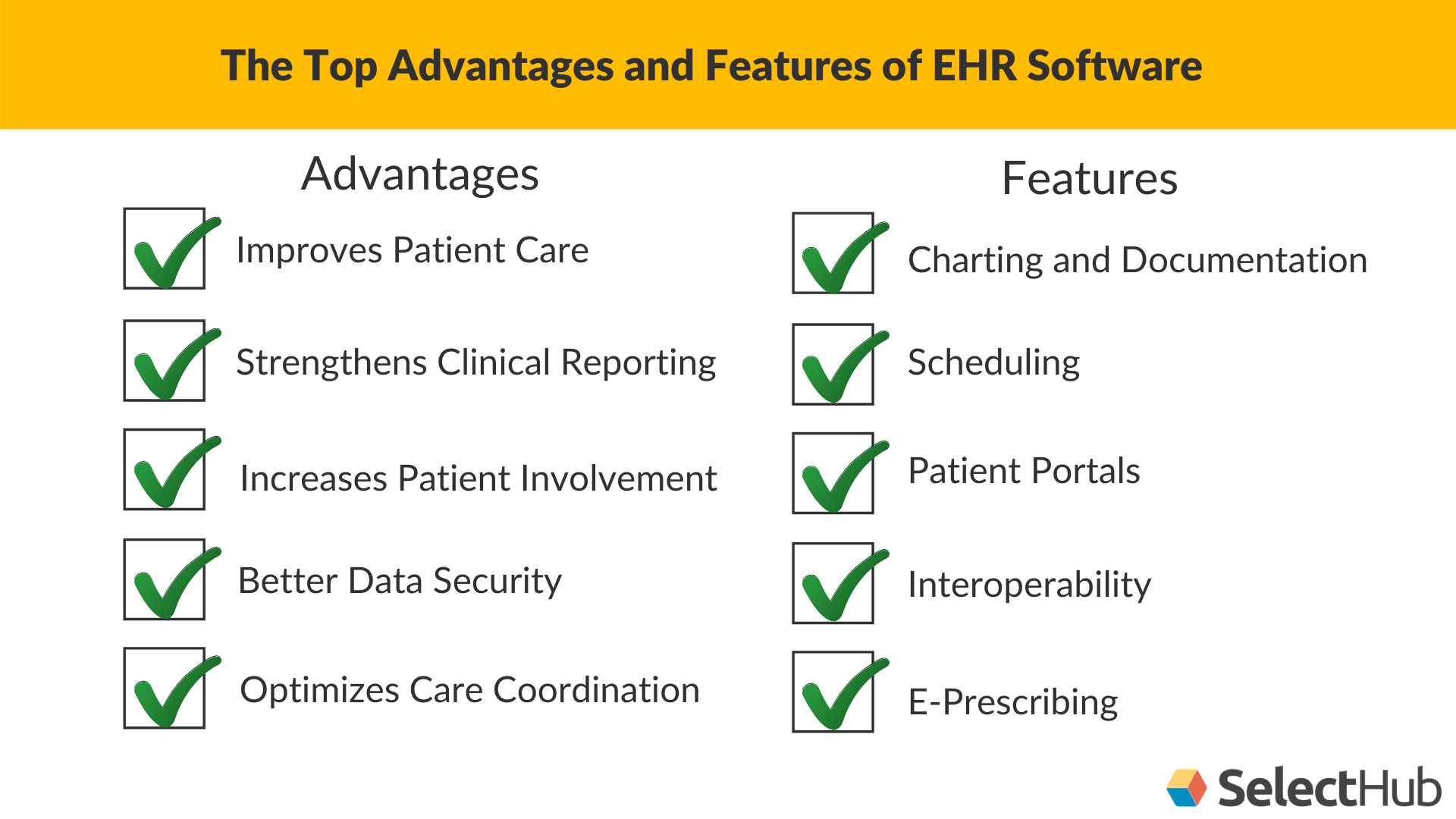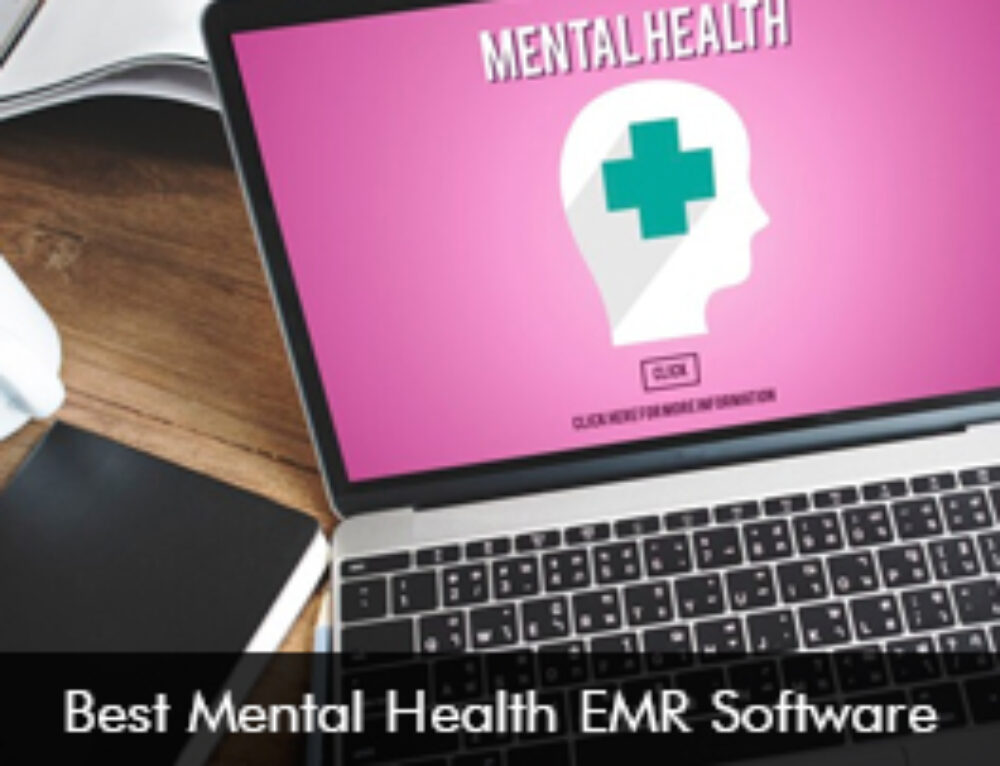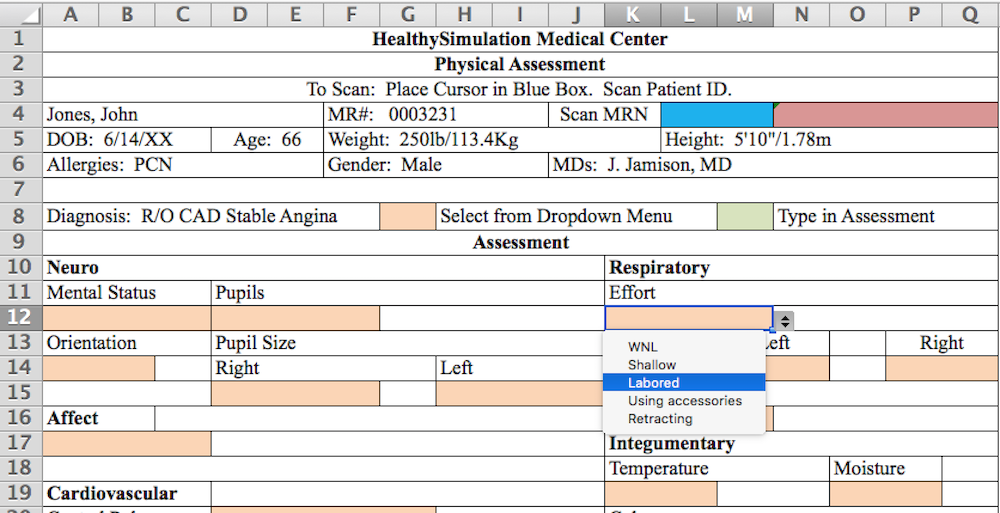Free ehr for mental health serves as a gateway to accessible and efficient digital care for mental health professionals and their clients. By breaking down common barriers related to cost and complexity, these platforms empower clinics, therapists, and counselors to modernize their practices with greater ease.
Electronic health records (EHRs) specifically tailored for mental health support essential features like progress notes, treatment plans, privacy compliance, and streamlined communication between care teams. Free EHR solutions help smaller practices and solo providers transition from paper-based documentation, making it easier to manage appointments, track outcomes, and maintain secure patient records without a significant financial investment.
Free EHR for Mental Health: Modern Tools for Effective Care

Free electronic health record (EHR) systems have become increasingly relevant in mental health care, offering digital solutions to replace paper-based records. These platforms enable mental health professionals to streamline their workflow, securely manage patient information, and provide high-quality care—without the financial burden of commercial software licenses. For solo practitioners and small clinics, adopting a free EHR is often the first step toward a more organized, efficient, and compliant practice.
The importance of EHR adoption in mental health extends beyond convenience. EHRs enhance data accuracy, support better clinical decision-making, and simplify collaboration across care teams. While paid EHR solutions offer premium features and support, free EHRs make essential digital tools accessible to organizations with limited resources, helping bridge the gap in mental health services delivery.
General Overview of Free vs. Paid EHR Solutions, Free ehr for mental health
Free EHRs typically provide core functionalities needed for patient management, such as charting, scheduling, and secure data storage. Paid EHRs, in contrast, often include advanced analytics, integrated billing, 24/7 support, and specialized modules. For many mental health practices, free EHRs offer an entry point to digitization, though users should be aware of potential feature limitations or upgrade prompts.
Key Features Required in Free EHR Systems for Mental Health
Effective EHR systems for mental health must offer features tailored to the unique nature of psychological care. Unlike general medical records, mental health EHRs need to facilitate collaborative treatment plans, detailed progress notes, and sensitive data handling. Below is an overview of crucial features, their benefits, and relevance to mental health practices:
| Feature | Description | Benefit | Relevance to Mental Health |
|---|---|---|---|
| Progress Notes | Customizable templates to document therapy sessions and clinical observations. | Improves record accuracy and clinical continuity. | Supports longitudinal care and regulatory compliance. |
| Treatment Plans | Goal setting and intervention tracking features for individualized care. | Facilitates measurable outcomes and goal attainment. | Essential for collaborative and client-centered therapy. |
| Appointment Scheduling | Integrated calendar and reminders for patients and providers. | Reduces no-shows and administrative overhead. | Improves client engagement and clinic efficiency. |
| Secure Messaging | Encrypted communication tools for staff and patients. | Enables confidential information sharing. | Vital for protecting sensitive mental health data. |
Compliance and Privacy Standards for Mental Health EHRs
Compliance with privacy regulations is crucial in mental health care. Free EHRs should adhere to standards such as HIPAA (for the US) and GDPR (for the EU), ensuring data encryption, audit trails, and controlled access. These requirements protect both patients and providers from data breaches and legal risks.
Popular Free EHR Solutions for Mental Health Providers
A variety of free EHR platforms are used in mental health settings. These solutions are designed to meet basic clinical needs while offering optional upgrades for advanced features. The following are some notable options, each with their own strengths and weaknesses:
- OpenEMR – Widely used, fully open-source, customizable, but requires technical know-how for setup and maintenance.
- TheraNest Free Tier – User-friendly with mental health templates; limited by the number of clients and features in the free version.
- Practice Fusion – Cloud-based, easy to start, strong support for charting, but may display ads or promote add-ons.
- Oscar EMR – Follows Canadian privacy standards, good for interdisciplinary care, less tailored for smaller practices.
“OpenEMR has been incredibly useful for our small counseling center, especially since we could customize forms to fit our needs. The learning curve was steep at first, but the community support helped us get started.” – User testimonial from a non-profit clinic.
“TheraNest’s free plan gave us a seamless introduction to digital records. It’s simple enough for therapists with limited tech skills, but we did need to upgrade for more advanced billing features.” – Feedback from a solo practitioner.
Benefits of Using Free EHRs for Mental Health Practices: Free Ehr For Mental Health
Adopting a free EHR presents substantial financial relief for small mental health clinics and solo providers by eliminating licensing fees and reducing administrative costs. These systems automate repetitive tasks, such as appointment reminders and documentation, freeing up more time for direct patient care. Compared to paper records, EHRs also decrease the risk of lost information and simplify compliance with documentation requirements.
Free EHRs enhance collaboration and communication by allowing secure, real-time sharing of treatment notes, plans, and updates among practitioners and care teams. As a result, clients benefit from more coordinated care and faster response times when needs arise.
Comparison of EHRs and Paper Records in Workflow Efficiency

Digital EHRs reduce time spent on manual data entry, searching for files, and managing physical storage. Automated processes, such as intake forms and progress tracking, streamline every step of the client journey from intake to discharge. Free EHRs make these workflow improvements accessible, even for those with minimal technology budgets.
Conclusion

Exploring free ehr for mental health reveals both practical advantages and important considerations. As technology rapidly evolves, these solutions are becoming more robust and adaptable, offering mental health professionals new ways to enhance care delivery and collaboration. By staying informed and choosing the right tools, clinics can confidently navigate the digital landscape and provide better support for their clients’ well-being.
Questions and Answers
What is a free EHR for mental health?
A free EHR for mental health is an electronic health record system provided at no cost, specifically designed to help mental health professionals manage patient information, treatment plans, scheduling, and compliance.
Are free EHR systems secure for mental health data?
Reputable free EHR systems follow security standards like HIPAA and GDPR, but users should always verify security features, use strong passwords, and update permissions regularly to protect sensitive data.
Can free EHRs be customized for different mental health workflows?
Many free EHRs offer some customization options, such as templates and workflows, but these features may be more limited compared to paid solutions.
Do free EHRs support telehealth and billing integrations?
Some free EHRs integrate with telehealth and billing tools, but compatibility varies by platform. It’s important to review each system’s integration capabilities before adoption.
Is technical support available for free EHR users?
Free EHR providers often offer community forums or online documentation, but live or personalized support may be limited compared to premium products.
